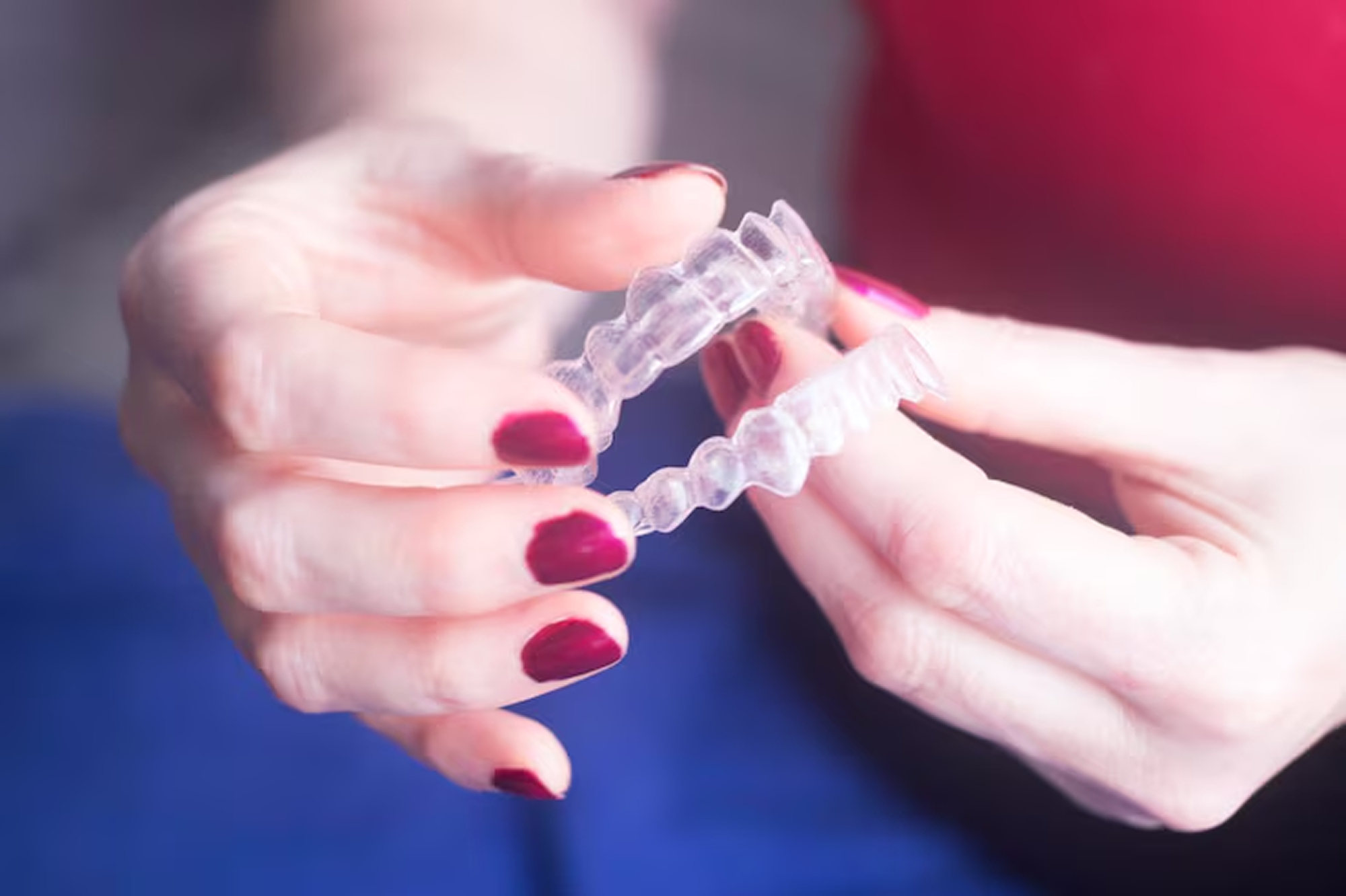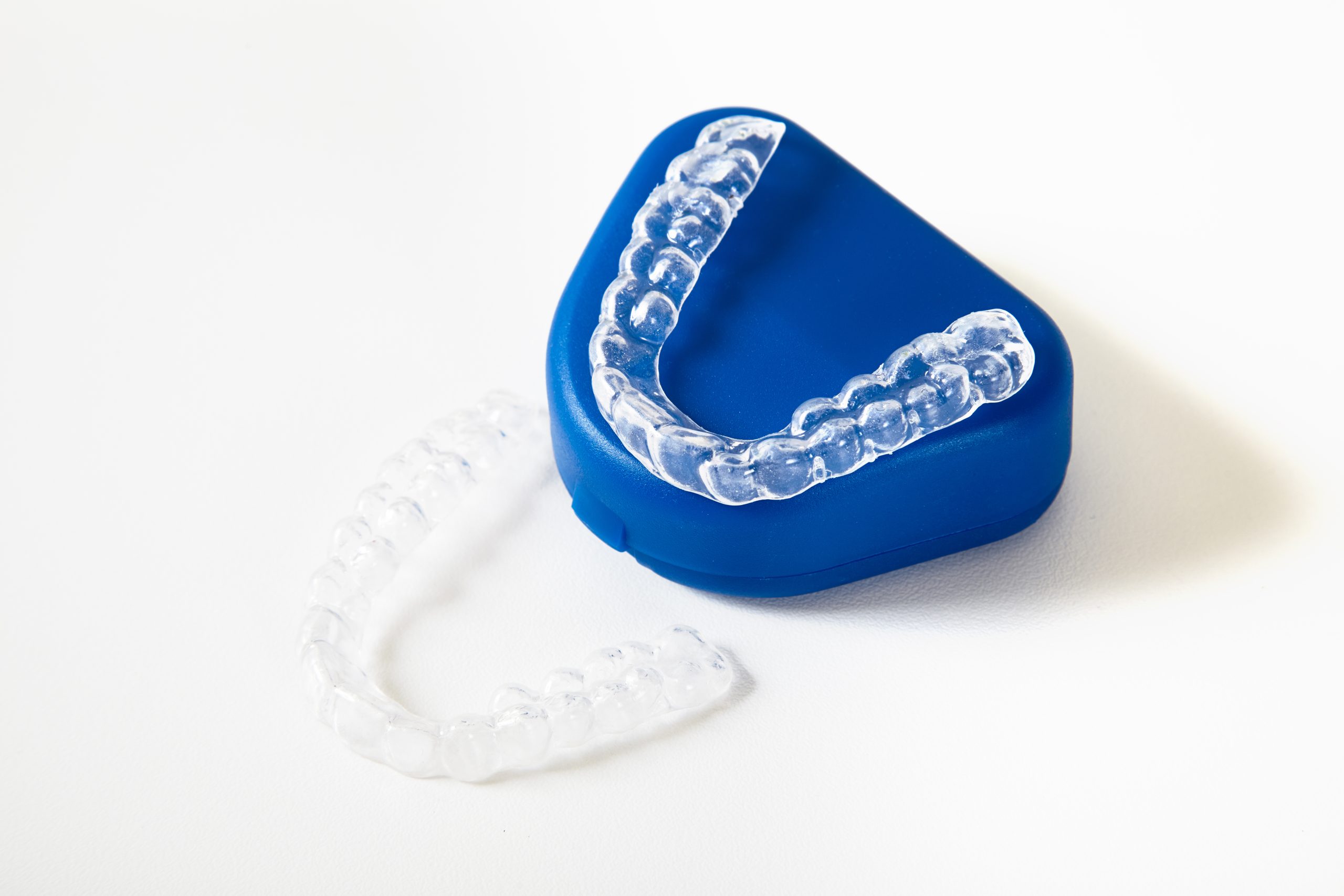Dental alignment issues can subtly affect your life. However, not everyone is aware of the common bite problems that can compromise both the appearance and function of the teeth.
Understanding various bite problems, such as deep bites, open bites, and misalignments, is crucial for maintaining overall oral health and comfort. If left unaddressed, these issues can result in more than just cosmetic concerns. They can contribute to jaw pain, wear on your teeth, and even headaches.
Stay with us as we explore effective ways to manage and address these common dental challenges. By the end of this read, you’ll be equipped with valuable knowledge to help you better understand and address bite problems.
Contents Navigation
- Summary of the Content:
- Understanding Deep Bite Problems
- Diagnosing Open Bite Problems
- The Impact of Bite Alignment Problems on Oral Health
- Treatment Options for Deep Bite and Open Bite Problems
- Long-Term Consequences of Unaddressed Bite Problems
- Preventive Measures to Avoid Bite Alignment Problems
- Final Thoughts
Summary of the Content:

- Bite issues, including deep bites and open bites, affect dental aesthetics and functionality, resulting in potential jaw pain and tooth wear.
- Common causes of deep bite problems include genetic factors and tooth loss.
- Identifying open bite problems involves noticing gaps between the upper and lower teeth when the mouth is closed.
- If left unaddressed, misaligned bites may increase the risk of gum disease and tooth decay and cause headaches.
- Comprehensive treatment approaches for bite issues vary from braces and clear aligners to surgery in severe cases.
- Neglecting to address bite problems can result in chronic jaw issues and excessive tooth wear and can significantly impact overall health.
- Preventative measures such as regular dental check-ups, using protective guards, and addressing poor oral habits can help maintain proper alignment.
Understanding Deep Bite Problems
Deep bites can result from various factors. Knowing the causes can help prevent or address this condition effectively. Here are some of the primary reasons why someone might develop a deep bite:
- Genetic Predisposition:
Like many aspects of our physical development, the alignment of our teeth can be significantly influenced by genetics. - Multiple Tooth Loss:
Losing multiple teeth, especially molars, can cause the remaining teeth to shift and alter the natural bite alignment. - Delayed Loss of Baby Teeth:
When baby teeth remain in place too long, it can prevent succedaneous teeth from erupting in the proper position, potentially resulting in a deep bite. - Inadequate Orthodontic Treatment:
Incomplete or improper orthodontic treatment can result in a deep bite if not managed fully or if retainers are not used as advised post-treatment. - Inconsistent or Inadequate Dental Care:
Neglecting regular dental visits and care can allow minor issues to worsen into significant alignment problems.
When someone has a deep bite, their upper front teeth excessively overlap the lower front teeth when the mouth is closed. This common alignment issue can result in a variety of dental problems, such as:
- Excessive Tooth Wear:
The lower teeth may wear down at an accelerated rate due to the constant friction against the upper teeth. - Jaw Pain and Discomfort:
The misalignment often strains the jaw joints, resulting in discomfort and sometimes chronic pain. - Gum Damage:
The upper teeth can sometimes bite into the lower gum line, causing irritation, recession, or even gum disease. - Difficulty Chewing and Speaking:
A severe, deep bite can affect your ability to chew properly and may influence your speech. - Increased Risk of Tooth Breakage:
The unnatural positioning can put added stress on teeth, making them more prone to cracking or breaking.
Understanding the root causes and symptoms of deep bite problems is crucial for addressing this common dental challenge. This knowledge not only helps manage the condition but also prevents oral health complications. By being informed, you can take proactive steps towards achieving a healthier, more comfortable bite.
Diagnosing Open Bite Problems
An open bite is characterised by a noticeable gap between the upper and lower teeth when the mouth is closed. This gap can appear even when the jaws are fully closed, most visibly in the front of the mouth. It can also occur at the sides, affecting overall mouth alignment. The gap prevents the teeth from functioning properly in daily activities such as chewing, which can affect nutritional intake and digestion.
Identifying open bite problems early can make a significant difference in treatment options and effectiveness. To determine if you or someone you know has open bite problems, look for these signs:
- Visible Gaps:
When the teeth are clenched, there should be no visible spaces where the upper and lower teeth fail to make contact. An open bite presents an obvious gap that doesn’t close, which is easy to spot. - Speech Issues:
Sometimes, an open bite can affect the way a person speaks, causing lisps or other speech impediments. - Chewing Difficulty:
Another common sign is difficulty chewing or biting food. Food might seem harder to grind down completely.
Recognising these symptoms is the first step towards getting the necessary dental care. With the right diagnosis, effective treatments are available that can greatly improve oral function and appearance. It’s always advisable to consult a dental professional if you notice any of these signs for a comprehensive evaluation.
The Impact of Bite Alignment Problems on Oral Health
Bite alignment problems are more than just a cosmetic concern; they can profoundly affect your overall oral health. Misaligned teeth can create numerous health challenges, including:
- Gum Disease:
Poor alignment often makes it harder to clean teeth properly. This can result in plaque buildup, which may escalate to gum disease if not addressed. - Increased Tooth Decay:
Similarly, misaligned teeth can trap food particles in hard-to-reach places, increasing the risk of tooth decay over time. - Headaches and Earaches:
An uneven bite might place added stress on your jaw joints and muscles. This pressure can result in chronic headaches and discomfort in and around your ears.
Addressing improper bite alignment issues promptly can significantly reduce these risks. Regular dental check-ups allow for early detection and treatment, helping to maintain both your dental health and overall well-being.
Treatment Options for Deep Bite and Open Bite Problems
Various effective treatments are available to address both deep bite and open bite problems. For deep bite problems, the following smile makeover procedures are commonly recommended by dental professionals:
- Traditional Braces:
This orthodontic treatment is very effective in addressing deep bites. Braces gradually move the teeth to the ideal position, improving bite alignment. - Clear Aligners:
A less visible alternative to braces, clear aligners can also be used to adjust tooth alignment and address deep bites. - Orthodontic Appliances:
Appliances such as bite plates can help to manage a deep bite by restraining the growth of the upper jaw or by holding the back teeth in position while the front teeth are moved. Tongue cribs and other appliances can help by preventing habits like tongue thrusting, which can contribute to an open bite. - Behaviour Modification:
Since habits such as thumb sucking or tongue thrusting often cause open bites, behaviour modification strategies are crucial for successful treatment. - Dental Surgery:
In severe cases, surgical interventions might be necessary to reshape the jaw or to reposition the teeth properly.
Choosing the right dental procedure depends on various factors, including the severity of the bite problem and the patient’s dental health. A consultation with a dental professional is crucial to determining the most effective approach for your situation.
Long-Term Consequences of Unaddressed Bite Problems
Neglecting bad bite issues can result in significant and persistent dental challenges. Ignoring problems with bite alignment and function can have several long-term effects:
- Increased Tooth Wear:
Misaligned bites can cause uneven stress on certain teeth, resulting in excessive wear and the risk of fractures. - Chronic Jaw Pain:
Over time, abnormal stress on the jaw can result in temporomandibular joint disorders, commonly known as TMJ. This condition manifests as chronic jaw pain and clicking or popping sounds. - Gum Recession and Disease:
Incorrect bites may result in abnormal tooth positioning, which can exacerbate gum recession and increase the likelihood of gum disease. - Aesthetic Concerns:
Beyond functional issues, unaddressed bite problems can significantly alter one’s appearance and smile aesthetics.
Addressing bite issues early is crucial to avoiding these potentially severe consequences. Seeking professional treatment and prompt intervention are still among the most effective methods for maintaining dental health and avoiding long-term issues.
Preventive Measures to Avoid Bite Alignment Problems
Taking proactive steps in the prevention of bite alignment problems can help avoid a lot of discomfort and dental visits later on. To keep bite problems at bay, consider the following preventive strategies:
- Regular Dental Check-ups:
Routine visits to the dentist allow for early detection and intervention. These visits help prevent minor oral health issues from becoming major teeth alignment problems. - Use Protective Guards:
Wearing custom-made mouthguards during sports can protect against injuries that might cause dental misalignments. - Replace Missing Teeth:
Filling in gaps from missing teeth can prevent remaining teeth from shifting out of place, which might disrupt the normal bite. - Discourage Thumb-Sucking:
Encouraging children to break the habit of thumb-sucking can reduce the risk of developing bite problems as their jaws and teeth grow. - Proper Nutrition:
Maintaining a healthy diet that supports bone and joint health can also contribute to maintaining proper jaw alignment.
Early preventative measures are key to avoiding complicated dental treatments for bite problems later in life. By integrating these practices into your daily life, you can reduce the risk of developing bite alignment problems.
Final Thoughts
Understanding and managing bite problems is essential not just for aesthetic reasons but also for maintaining overall oral health and well-being. Taking action now can make all the difference, whether you are experiencing signs of bite problems or just want to maintain your teeth.
At Enso Dental North Perth, we are committed to providing you with quality care in a comfortable and welcoming environment. Our team is ready to help you with any bite concerns you may have. We can offer personalised advice and treatment options tailored to your needs.
If you’re looking to address your bite problems, don’t hesitate to reach out. Visit our website or call our clinic to schedule a consultation appointment.









